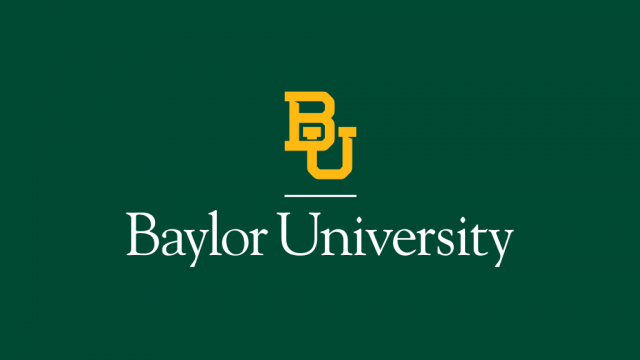Newswise — The Easter egg — long maligned by some Christians because of ancient pagan cultures’ use of eggs as fertility symbols — is making the rounds in social media, with Christians touting religious-themed egg ideas via blogs, tweets and Pinterest. Some sites even offer free downloadable “printables,” Scriptures to tuck into plastic Easter eggs, says a Baylor University pop culture expert.
“It’s like the Testamints® (sugar-free breath mints packaged with a Scripture) at the cash registers of Christian bookstores,” said Greg Garrett, Ph.D. a professor of English at Baylor. “It’s another example of the attempt by Christians to re-create things they find in the culture and appropriate them for themselves without infringing on their faith and selling out.
“In their way, they (religious-themed plastic or candy eggs) are the same thing as Christian comedy and Christian romance novels, or T-shirts that say ‘Got Jesus?’ instead of ‘Got Milk?’, ” said Garrett, a licensed lay preacher in the Episcopal Church and the author of several books about religion, film, pop culture and spirituality.
The eggs are an online offshoot of religion-themed Easter eggs offered for several years by companies and nonprofit ministries as an interactive way to share the story of Jesus’ crucifixion and resurrection story, particularly with children. Plastic eggs containing small objects symbolizing such aspects of the Easter story as a donkey, a crown, a nail and a stone are sold in some Christian bookstores and at times have been sold in “big-box” stores.
Earlier this month, after being lobbied by English bishops and customers for three years, English supermarkets for the first time began stocking a chocolate Easter egg with an explanation of the religious significance of Easter, according to the British tabloid Daily Mail.
It’s all a long way from egg-eschewing by some Christians in the past. Many do-it-yourselfers go online to offer suggestions on how to use real, candy or plastic eggs to share faith creatively and frugally — although some critics continue to equate Easter eggs with paganism, Satanism or a signal of the impending end of the world.
“Some of this (sharing of ideas for Easter eggs) comes out of the theology that assumes everything is the world is fallen and evil, and this is a way to make something profane holy. There’s nothing wrong with that – it’s a way to try to claim a more Christian Easter,” Garrett said. But celebrating Christ’s resurrection is the core of Easter, and “whether you give somebody a chocolate bunny —or a chocolate crucifix — doesn’t change that,” he said.
“Easter has accumulated many traditions derived from folk customs, many of which were associated with springtime fertility celebrations,” according to Religious Celebrations: An Encyclopedia of Holidays, Festivals, Solemn Observances, and Spiritual Commemorations, edited by J. Gordon Melton, Ph.D., Distinguished Professor of American Religious History at Baylor University’s Institute for Studies of Religion.
The early church prohibited eating eggs during the Lenten fast, so “by the 13th century, the custom arose of collecting and decorating eggs that were laid during Holy Week in anticipation of breaking the fast,” according to the encyclopedia.
Melton said that after the Eastern Orthodox Church’s midnight liturgy before Easter morning, boiled eggs were distributed and eaten. “Just as Jesus rose from the tomb, the egg symbolizes new life emerging from the eggshell,” the encyclopedia notes.
ABOUT BAYLOR UNIVERSITYBaylor University is a private Christian university and a nationally ranked research institution, characterized as having “high research activity” by the Carnegie Foundation for the Advancement of Teaching. The university provides a vibrant campus community for approximately 15,000 students by blending interdisciplinary research with an international reputation for educational excellence and a faculty commitment to teaching and scholarship. Chartered in 1845 by the Republic of Texas through the efforts of Baptist pioneers, Baylor is the oldest continually operating university in Texas. Located in Waco, Baylor welcomes students from all 50 states and more than 80 countries to study a broad range of degrees among its 11 nationally recognized academic divisions. Baylor sponsors 19 varsity athletic teams and is a founding member of the Big 12 Conference.
ABOUT THE INSTITUTE FOR THE STUDIES OF RELIGIONLaunched in August 2004, the Baylor Institute for Studies of Religion (ISR) exists to initiate, support and conduct research on religion, involving scholars and projects spanning the intellectual spectrum: history, psychology, sociology, economics, anthropology, political science, epidemiology, theology and religious studies. The institute’s mandate extends to all religions, everywhere, and throughout history, and embraces the study of religious effects on prosocial behavior, family life, population health, economic development and social conflict. While always striving for appropriate scientific objectivity, ISR scholars treat religion with the respect that sacred matters require and deserve.
